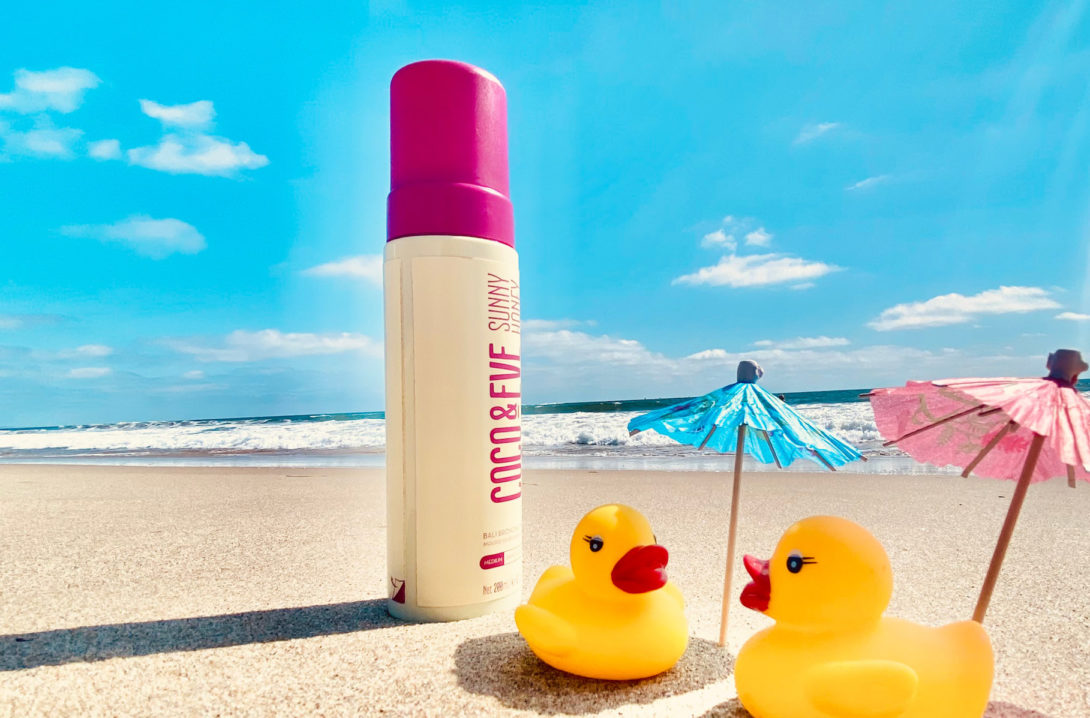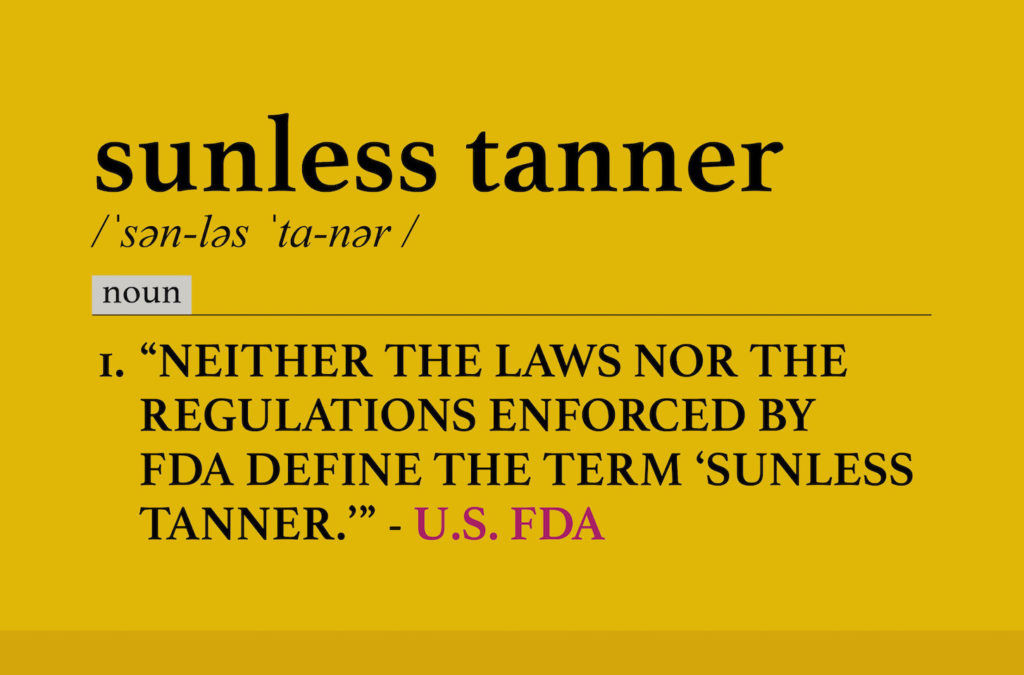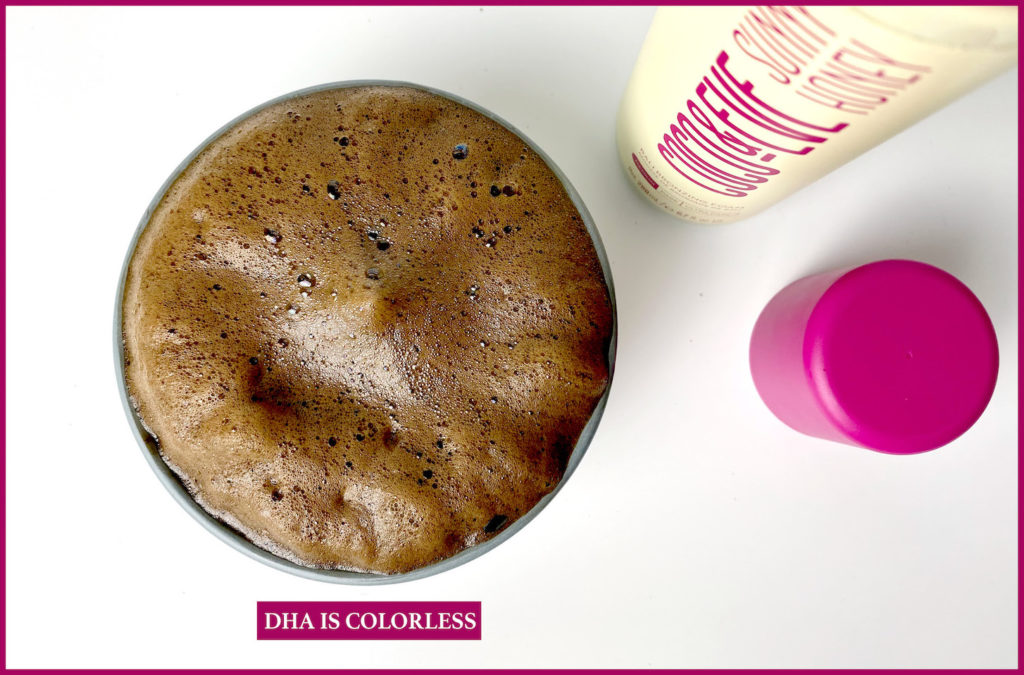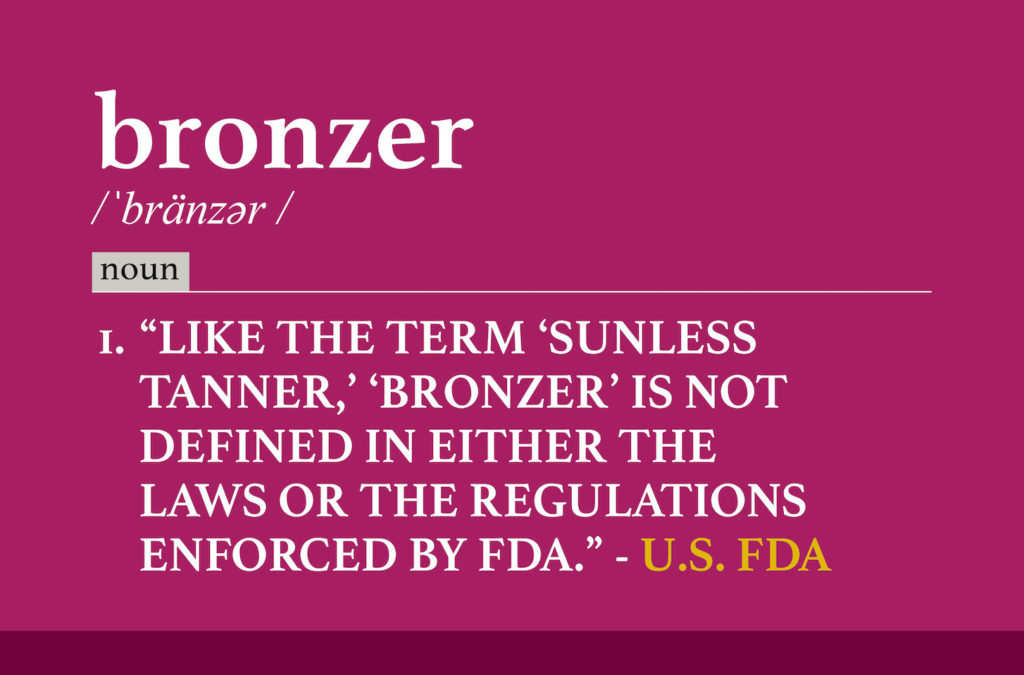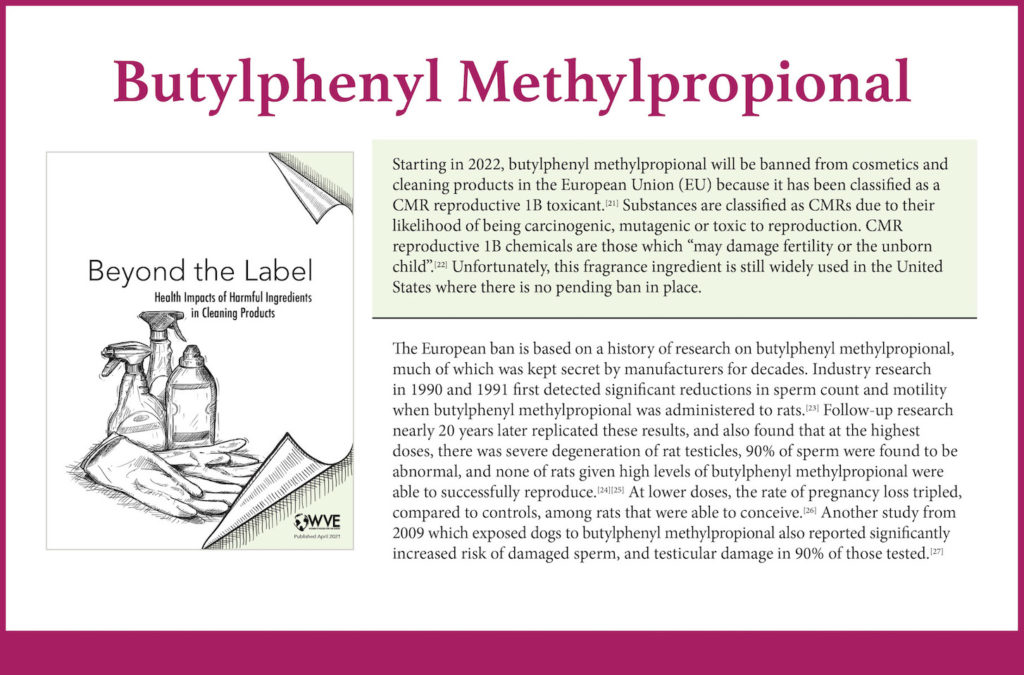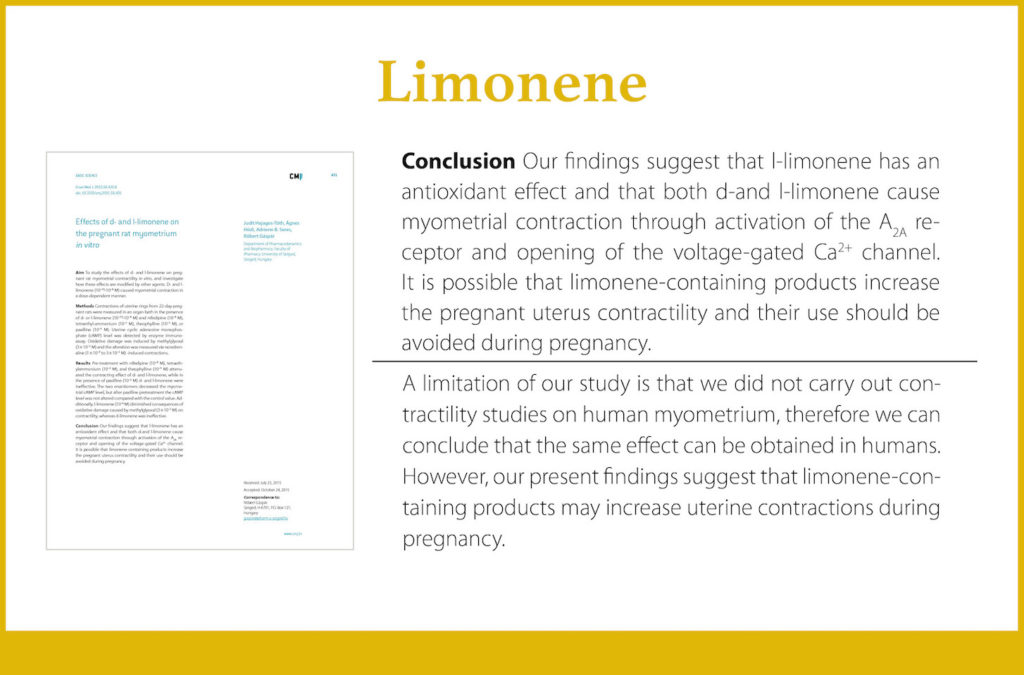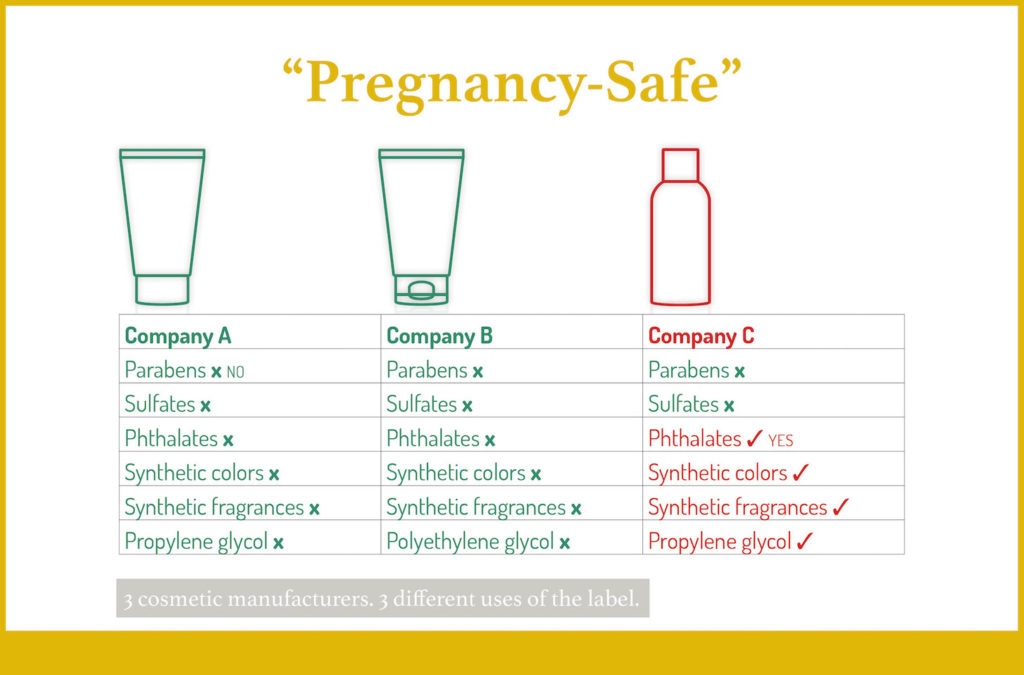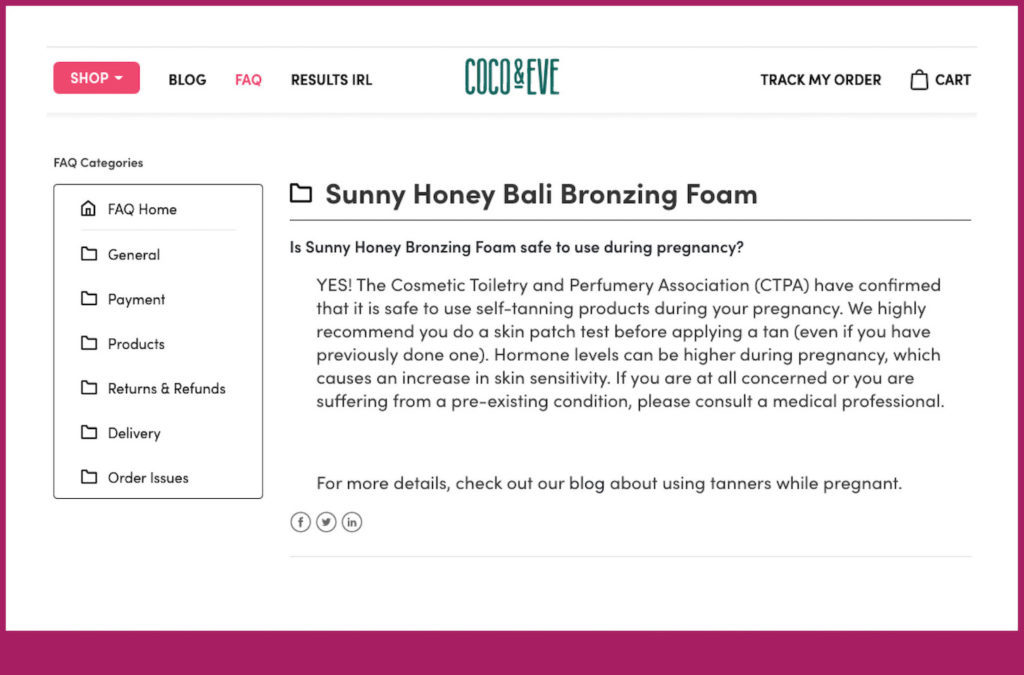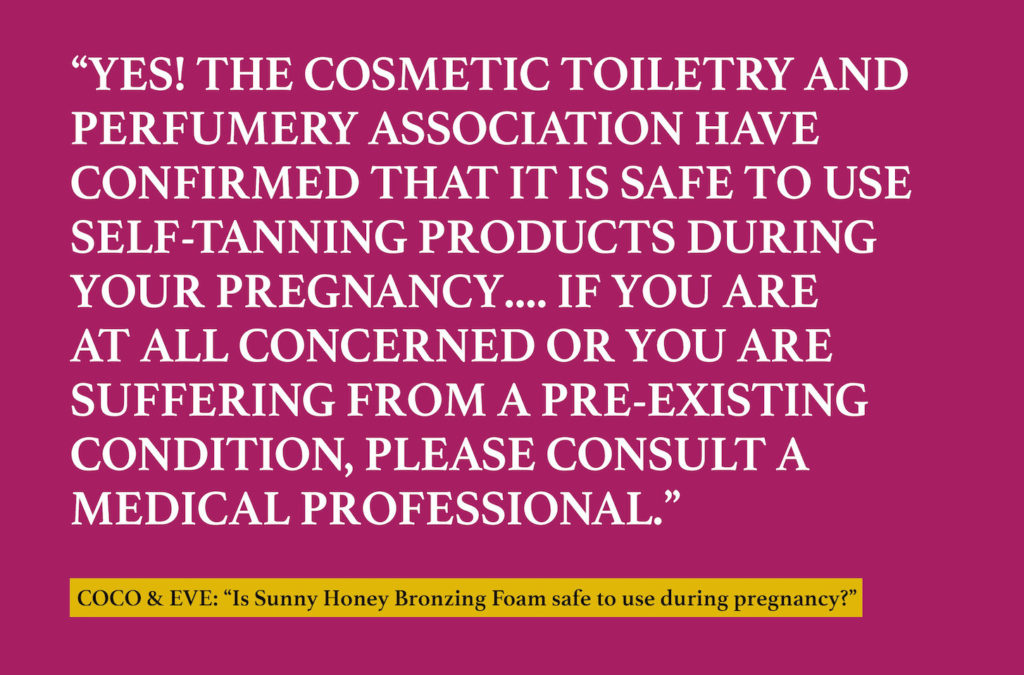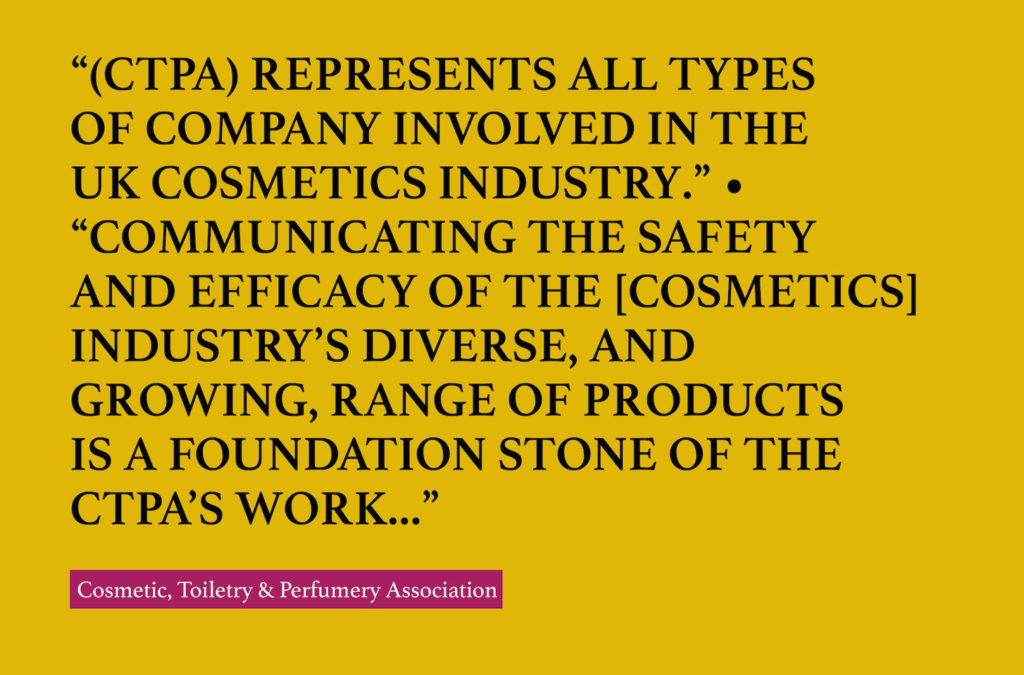Table of Contents
If you put yourself into the shoes of a woman in search of a pregnancy-safe self-tanner, you’ll probably agree she sees pregnancy as a unique phase of her life that calls for just a bit more care in what she puts into and onto her body—even if she’s not yet or never will become a full-blown clean beauty aficionado.
She might think some or most self-tanners aren’t inherently pregnancy-safe and so is looking for alternatives.
She’s also a minority, since less than 10% of online searches for self-tanner are done to find one that’s prego-friendly.
Coco & Eve says its Bali Bronzing Foam fits the bill. But does it?
Yes and no. It’s complicated.
(DHA, the active ingredient in topical self-tanners, is colorless. Some of your ‘natural’ bronzing will come from synthetic color dyes.)
Uncharted Waters: The Search for Pregnancy-Safe Cosmetics
For many women, pregnancy will be the very first time they start searching for “safer cosmetics.” (Congrats if that’s you, btw.)
But U.S. law doesn’t require FDA approval of cosmetics, their labels, or even their ingredients before those cosmetics end up right next to your positive pregnancy test or your prenatal vitamins.
Nor do laws or FDA regulations define what a “sunless tanner” or “bronzer” is, let alone what “pregnancy-safe” means.
The FDA says pregnancy is a “time for special caution” but that if pregnant women have cosmetic and ingredient concerns they should contact their health care provider.
Thus undefined, with a few exceptions, the classification, claims, and labeling of “pregnancy-safe” cosmetics essentially comes down to what companies can convince pregnant women to buy.
Pregnancy-Safe? Coco & Eve Ingredients of Interest
According to some sources, three ingredients in Coco & Eve’s Sunny Honey Bali Bronzing Foam are unsafe for use during pregnancy.
Coco & Eve Self-Tan Ingredient “…may cause harm to a fetus during pregnancy.” (Butylphenyl Methylpropional)
According to an April 2021 report, butylphenyl methylpropional “may cause harm to a fetus during pregnancy and could affect fertility,” and the European Union has it classified as a reproductive toxin. (There’s that word toxin again, as in, Coco & Eve “contains zero toxins.”)
Coco & Eve Self-Tan Ingredient “…should be avoided during pregnancy.” (Limonene)
A July 2015 peer-reviewed study out of the University of Szeged in Hungary concluded that it was possible that “limonene-containing products increase the pregnant uterus contractility,” thus “their use should be avoided during pregnancy.”
Coco & Eve Self-Tan Ingredient “…should be avoided during pregnancy.” (Fragrance/Phthalates)
Dr. Claire McCarthy, a primary care pediatrician and Assistant Professor of Pediatrics at Harvard Medical School, says pregnant women should probably “Avoid anything with fragrance in it, as phthalates are commonly used in making fragrances.”
“The risks of phthalates, though, begin before birth,” she writes. ”A study showed that children whose mothers were exposed to phthalates during pregnancy were more likely to have problems with motor skills, the skills that we use not just in sports but also in everyday activities, and another showed that the children of mothers exposed during pregnancy had problems with language development.”
Other ingredients in the product that could call for caution during pregnancy include the three synthetic—not natural, as implied by “100% natural”—FD&C color dyes, benzyl alcohol and benzyl salicylate, and coumarin.
Fragrance, Coco & Eve’s eighth most prevalent ingredient, is a toxin, and since companies produce perfectly fine products without it and the other chemicals covered here, these statements appear inaccurate at best:
- “Zero toxins”
- “Zero nasties”
- “Free from unnecessary nasties”
- “Organic sunless self-tanning lotion”
- “All natural”
Again, the odds of anything negative actually occurring are extremely low, but if you’re looking for the cleanest self-tanner, it isn’t Coco & Eve’s.
And while not all derms roll down the clean beauty aisle, there are many who do at least adopt and advocate a fragrance-free approach, pregnant or not.
What Derms & MDs Say
Spend an obsessive number of hours reading and listening to licensed derms and MDs and you’ll eventually arrive at something like this:
- Always talk to your own healthcare provider (though the advising derm/MD is a licensed expert, they’re not your attending OB/GYN, and every patient and pregnancy is different.)
- We have too little data and studies to really say, and doing studies on pregnant women is unethical.
- We avoid what we do avoid mostly out of an abundance of caution—most topical contraindications are based on large-dose animal studies, and systemic absorption at rates that high is very unlikely to occur with intermittent topical application.
- Retinoids, retinal, hydroquinone, benzoyl peroxide, salicylic acid, and a few topical antibiotics are almost always off the table for pregnant women.
- DHA (dihydroxyacetone) as an active ingredient in self-tanners is totally fine for topical application while pregnant.
And in that sense, Coco & Eve’s Bali Bronzer and every other self-tanning cream with DHA as its active ingredient is good to go.
Yet to answer “pregnancy-safe” for certain, we might have to look at the user intent of our newly pregnant mom who just typed “pregnancy-safe self-tanner” into Google.
Most companies—even those with 75-plus percent organic self-tanners—won’t outright tell you their tanners are pregnancy-safe since that’s a convo for you and your Dr.
(And if the apparently high cost of organic self-tanners sounds like it would be a turn-off, Coco & Eve’s Bali Bronzer is 1.4X as costly.)
Coco & Eve’s Definition of “Pregnancy-Safe”
To RawKanvas, pregnancy-friendly describes a product that never uses 15 specific ingredients the company feels are dirty or dangerous industry standards like parabens, silicones, synthetic colors and fragrances, GMOs, PEGs, sulfates, phthalates, mineral oil, triclosan, and propylene glycol.
To Luvanya, pregnancy-safe describes a product that contains no parabens, sulfates, polyethylene glycol, triclosan, phthalates, or artificial fragrances.
To Coco & Eve, pregnancy-safe describes a self-tanner that uses synthetic colors and fragrances, phthalates, propylene glycol, and ingredients that, according to some studies and scientists, may cause fetal harm and should be avoided during pregnancy.
Why Coco & Eve Says its Bali Bronzer is a Pregnancy-Safe Self-Tanner
Coco & Eve introduced its Sunny Honey Bali Bronzing Foam in August of 2019.
Sometime thereafter, they posed and answered what every pregnant woman wants to know: Is it pregnancy-safe?
“YES!,” Coco writes, adding that the Cosmetic, Toiletry, and Perfumery Association, or CTPA, has “confirmed that it is safe to use self-tanning products during your pregnancy.”
The CTPA simply represents companies “involved in the UK cosmetics industry.”
It is true that the active ingredient in most topical self-tanners (DHA, or dihydroxyacetone) is broadly considered safe for use during pregnancy.
But it’s a bit odd to apply a blanket safety statement from 2010 to a cosmetic that didn’t even exist for another 9 years, and which cosmetic includes more than just DHA.
Not to mention, they’re quoting an association that represents business just like their own.
Fast forward to April 11, 2021, when a bold beauty copywriter pens a blog article for Coco & Eve: “Can I Use Self-Tanners While Pregnant?” and we arrive where we started.
Self-Tanning Semantics
Ironically, none of the U.S. companies we looked at that sell self-tanners made up of between 75 – 100% organic ingredients and contain none of the above ingredients of possible concern even advertise their self-tanners as pregnancy-safe, since that’s a conversation for a pregnant patient and her doctor.
Yet by using direct language like pregnancy-safe, contains zero toxins and free from unnecessary nasties, Coco appears to a least believe that some dirty or questionable ingredients might actually exist and are worth distancing a brand from?
Shoppers on Amazon won’t even see the ingredients since they’re not listed in any but one product entry—and that one touts the product as organic, though none of its ingredients are evidently actually organic.
We reached out to Coco & Eve on May 15 and received an automated reply that YES!, their self-tanners were safe to use during pregnancy, along with the message we would be contacted within 48 hours. On May 16 they replied they were looking further into our inquiry. When the company provides any additional data, this article will be updated.
References
1. US FDA, Is It Really 'FDA Approved?', 17 Jan 2017 2. US FDA, Sunless Tanners & Bronzers, 24 Aug 2020 3. US FDA, Pregnancy: A Time for Special Caution, 10 May 2013 4. US FDA, Cosmetics & Pregnancy, 24 Aug 2020 5. Joachim Fluhr, MD, Topical retinoids in acne – an evidence-based overview, 25 Nov 2008 6. Claire McCarthy, MD, Snr Faculty Ed, Harvard Health, Something else to avoid in pregnancy: Phthalates, 15 Mar 2019 7. US FDA, Summary of Cosmetics Labeling Requirements, 24 Aug 2020 8. CTPA, “The facts about…” Feb 2010 9. Coco & Eve, Pip Jarvis, “Can I Use Self-Tanners While Pregnant?” 11 Apr 2021 10. Beyond Toxic, “Fragrances” 11. New York Times, “Do You Know What’s in Your Cosmetics?” 9 Feb 2019 12. Women’s Voices for the Earth, Beyond the Label: Health Impacts of Harmful Ingredients in Cleaning Products, Apr 2021


